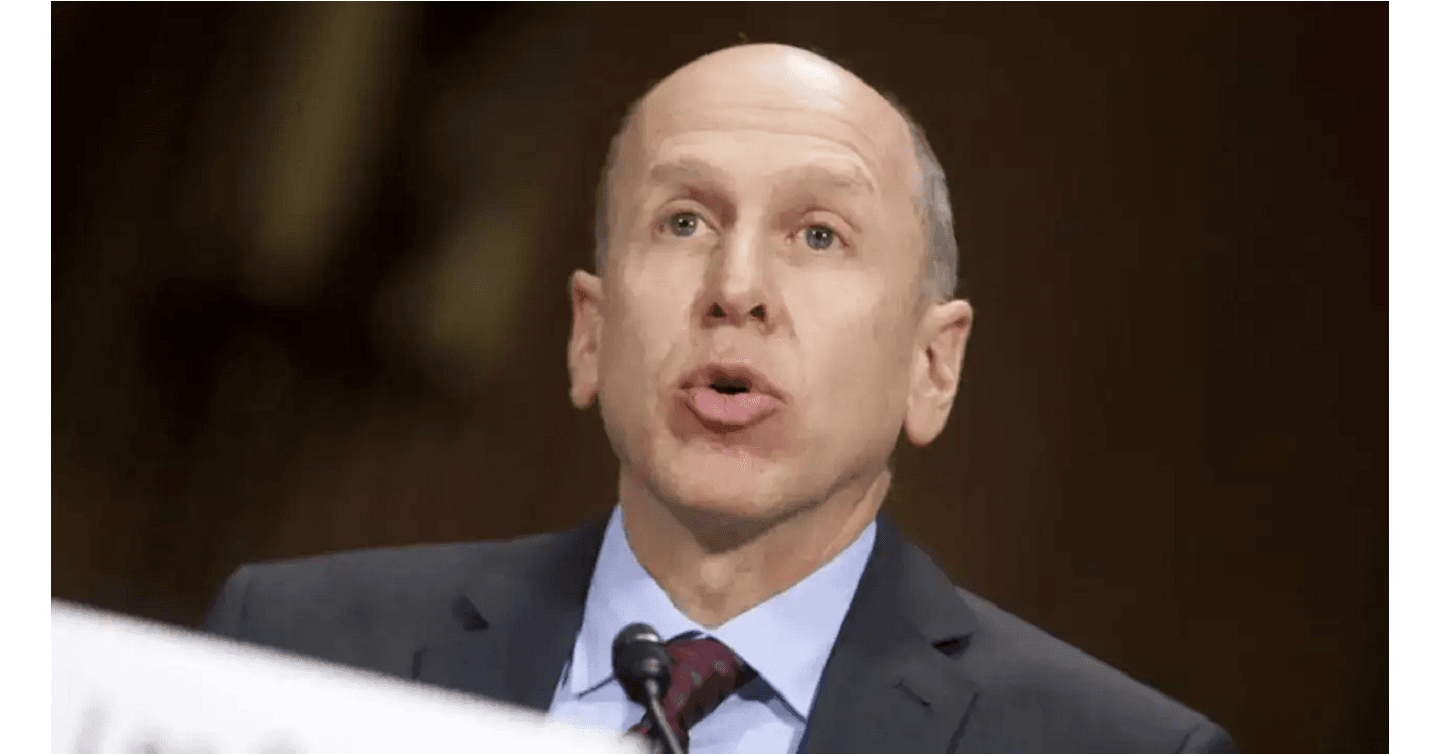Third Federal Judge Blocks President Trump's "Birthright" Executive Order
Trump’s policy, titled “Protecting the Meaning and Value of American Citizenship,” aims to reserve citizenship for those with at least one parent who is a U.S. citizen or legal permanent resident, addressing concerns about anchor babies and unchecked immigration.

A federal judge in Massachusetts, Leo Sorokin, issued a nationwide block on President Trump’s executive order aimed at limiting birthright citizenship for children of illegal immigrants, marking the third such ruling since a Supreme Court decision in June. This order, part of Trump’s Day One agenda to strengthen immigration policy, sought to curb automatic citizenship for babies born on U.S. soil to parents without legal status. The ruling, following similar decisions in New Hampshire and San Francisco, frustrates efforts to address what many see as a loophole exploited by those seeking to game the system.
The Supreme Court’s June ruling limited lower courts’ ability to issue blanket nationwide injunctions, but left room for class-action lawsuits and state-led challenges. Sorokin’s decision, backed by over a dozen states, hinges on claims that the policy could disrupt health insurance funding tied to citizenship. In New Hampshire, Judge Joseph LaPlante granted class-action status to a lawsuit protecting all children born after February 20, 2025, whose parents lack permanent legal status, arguing they’d face irreparable harm. A San Francisco appeals court also deemed the order unconstitutional, upholding a lower court’s block. These rulings, leaning on the 14th Amendment’s citizenship clause, are likely headed back to the Supreme Court, which has yet to rule on the order’s legality.
Trump’s policy, titled “Protecting the Meaning and Value of American Citizenship,” aims to reserve citizenship for those with at least one parent who is a U.S. citizen or legal permanent resident, addressing concerns about anchor babies and unchecked immigration. The administration argues it’s a necessary step to deter illegal entry and ensure citizenship reflects a commitment to the nation. Critics in the judiciary, however, cite the 1898 Wong Kim Ark case, which upheld birthright citizenship regardless of parental status. The White House called Sorokin’s ruling an overreach, with spokesman Harrison Fields stating it abuses class-action procedures to thwart policies voters supported.
These judicial blocks highlight a broader struggle: unelected judges overriding executive actions meant to secure borders and prioritize American interests. The 14th Amendment, while clear on citizenship, was crafted in a different era, and many argue it’s being stretched to reward lawbreaking. With 150,000 newborns potentially affected annually, the issue demands a resolution that respects the rule of law and national sovereignty. As Trump’s team prepares to appeal, the fight to redefine citizenship continues, with the Supreme Court as the likely final arbiter.
Like this article